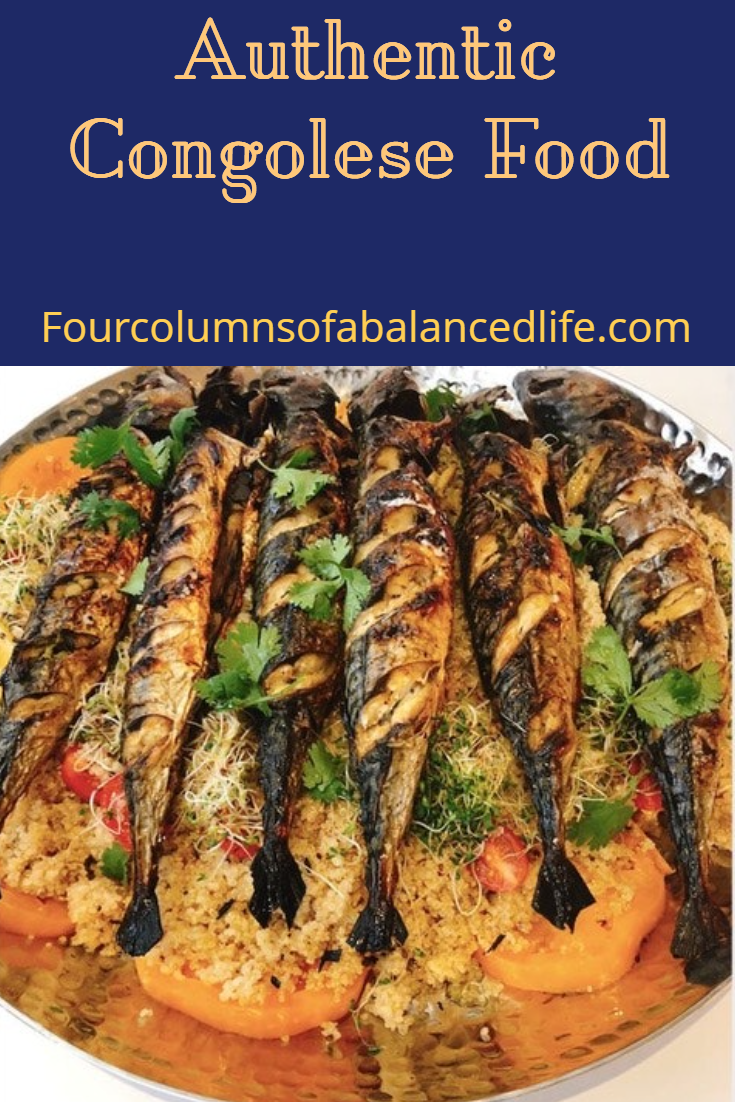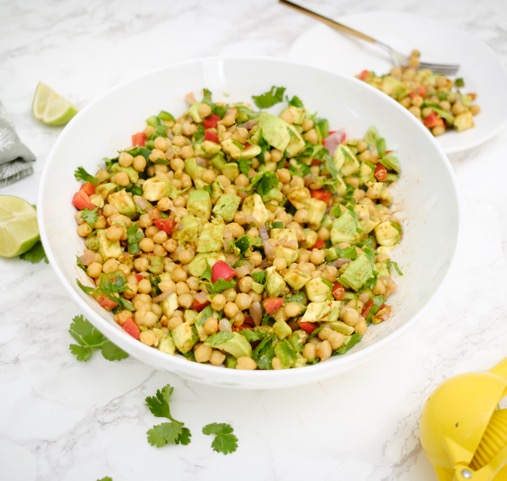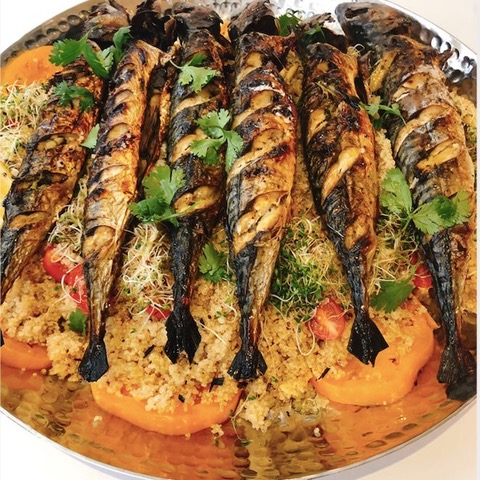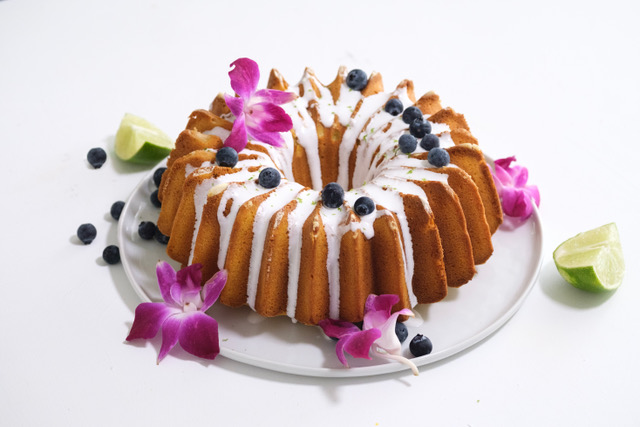Congolese Food and Culture

My first exposure to ‘African Food’ was in Dubai when I would eat Egyptian food. During my honeymoon, I did a day trip to Morocco and experienced North African food. Over the last few years, I have eaten at a couple of Ethiopian restaurants in Toronto. I love injera and eating with your hands.
North, South, East, West, and Central Africa, each has unique flavors, preparation styles, and consumption methods. The food has been influenced by Omani, Yemeni and Indian traders and settlers, Phoenician and Carthaginians travelers, Arab and Turkish invaders, and then British, Dutch, French, Portuguese, and Belgian colonialism.
Magali has an amazing IG profile and food blog and talks to me about Congolese cuisine and culture.

Magali, a pleasure to have a foodie on board. I want to know a little about you?
My name is Magali Mutombo. I am a wife and mother to four boys. I am originally from the Congo. I love anything that has to do with food. I like creating, exploring food from around the world. I have a food blog called Blue Fufu.
Talk to me about your love of food. How did it come about and how did the idea of the blog come about?
I have always known how to cook from a young age. However, I have developed a passion for food when I was newlywed in Italy. I couldn’t find “African food” at the time which forced me to teach myself to rediscover ingredients and eat like the locals.

Walk me through the culture, the food, the spices from Congo?
The food, culture, spices are vibrant. We eat grilled, steamed, boiled proteins while our vegetables are mostly cooked. We use different types of peppers to give heat to our dishes. Our approach to cooking is very simple and we enjoy dry and smoked fish or meat.
Congo is the third biggest country in Africa. We have over 250 ethnic groups. The culture is so rich and diverse that you will never be bored. Congolese are joyous, friendly people who like to share their culture.

I want to know some of your favorite ingredients and least favorites ingredients?
My favorite ingredient as of now is mango. The versatility of this fruit is incredible. You can use it in so many ways in sauce, baking, salad, sandwiches, etc. I find it fascinating.
My least favorite ingredient is mussel. The only way I would eat them is in a bouillabaisse.
A mother of four kids. I have one and it is work. How has motherhood been? What have you learned through the process?
Motherhood…so many things to say about it. The toughest job I have to do and the most rewarding. I have learned so much about God and the Holy Spirit by raising my kids. I have learned (still learning) what love is. Unconditional love. Knowing that God loves me even more than I love my children is unfathomable.
The fulfillment there is in giving without truly expecting something in return.
Motherhood has also shown me the strength that I have inside that I didn’t know I had. I have learned about myself so much through motherhood.
I have been exposed to Moroccan, Egyptian, and Ethiopian food. Is there such a thing as African food? Are there any similarities and did colonialism influence it?
I am very glad that you bring it up because I always felt that Africa has been seen as one country when it comes to food which is a big mistake in my opinion. The food is very different from one country to another although you might find some similarities here and there. For instance, in sub-Saharan Africa, they eat lots of roots like tarot, yam, sweet potatoes, cassava. These roots might be pounded or boiled and called fufu. Depending on the region, fufu can be made with different roots or flour.
Eastern Africa was exposed to a lot of spices coming from Asia which affected their cuisines. Western Africa was exposed to foreigners from trade, slavery, or colonialism. So their cuisines were also influenced by those contacts.
Colonialism affected tremendously how Africans ate. For example, corn was brought by the settlers from south America. The weathers are very similar so it was easy to grow corn which means that what was eaten before grow less and less popular.
You run a blog, are on social media, four kids, and a husband. How do you balance it all together?
Ha! I still don’t know. It’s a jungle for sure and it can get overwhelming. I have learned to win battles, not the war. I try to take it one day at a time and being organized helps a lot.
You live in Toronto. Are you able to find all the ingredients to make your food?
Yes! Toronto is so diverse its incredible. The mosaic of cultures makes it so easy for me to find my ingredients. I love it!
In Toronto where can we go for some nice Congolese meal?
There is a Congolese restaurant downtown called Mama Africa that serves classic Congolese dishes that you might enjoy.
Finally, I want to know your favorite meal for breakfast, lunch dinner, and dessert?
Favorite breakfast: Croissant and scrambled eggs
Favorite lunch: Fufu, sorrel leaves, and fried fish
Favorite dinner: Duck breast with red wine sauce
Favorite dessert: Mango cake with lime


1 thought on “Congolese Food and Culture”